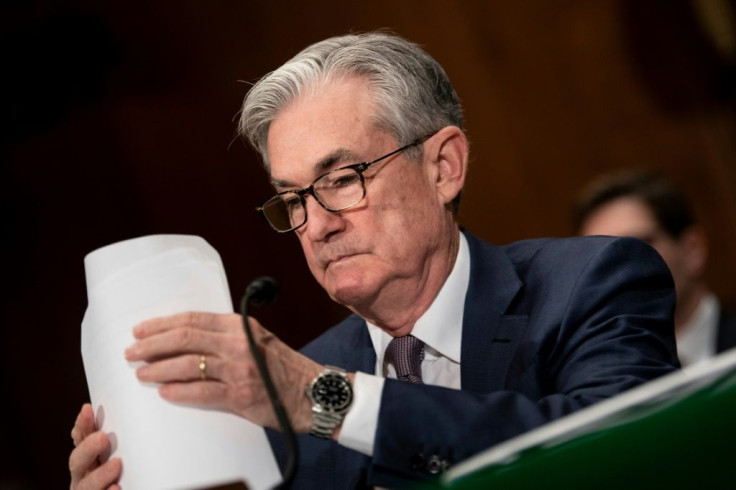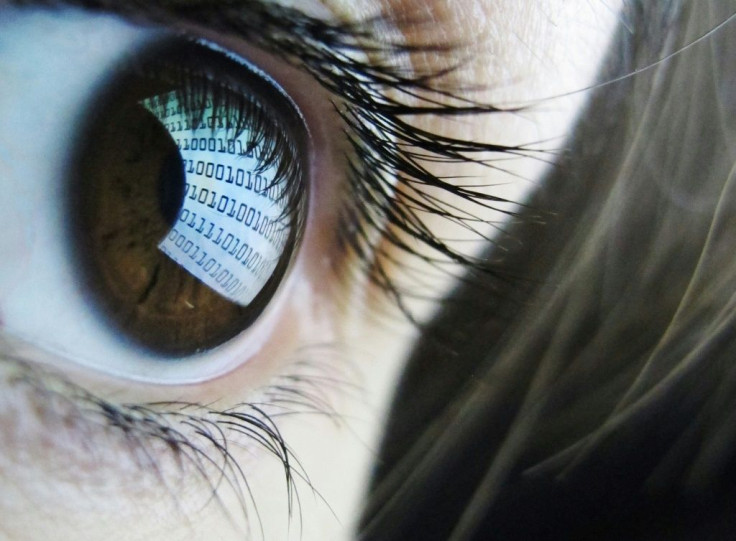Fed Chair Says Cyberattacks Main Risk To US Economy
Federal Reserve chairman Jerome Powell said he was more worried about the risk of a large-scale cyberattack than another financial crisis like that of 2008.
The risks of a 2008-like crisis with a need for government bailouts of banks were "very, very low," the head of the US central bank said during an interview aired Sunday on CBS's "60 minutes."
"The world changes. The world evolves. And the risks change as well. And I would say that the risk that we keep our eyes on the most now is cyber risk," he said, adding that that concern was shared by multiple governments and private businesses, particularly in finance.
Additionally, those organizations invest the most against cyberattacks, he noted.
Powell stressed that the Federal Reserve was considering different types of scenarios: "There are scenarios in which a large payment utility, for example, breaks down and the payment system can't work. Payments can't be completed. There are scenarios in which a large financial institution would lose the ability to track the payments that it's making and things like that," he said.

The Fed was also looking at the possibility that part or even a large part of the financial system could shut down.
"We spend so much time and energy and money guarding against these things," he said, noting that cyberattacks on major organizations happen "every day."
Powell was also asked about the possibility of creating a digital dollar, as China last month became the first global economic power to unveil a cryptocurrency.

He said that for now, the Fed was evaluating the possibility.
"We feel it's our obligation to understand it. How would it work? What would the features of it be?" Powell said.
He also said the Fed was developing software and even designing the look of a digital US dollar, but the final decision on whether to make it public would only be made once its impact was fully understood.
The dollar is "the world's reserve currency. The dollar is so important... We do not need to be the first ones to do this. We want to get it right. And that's what we're going to do," he said.
Last October, Powell had already indicated that the United States was thinking about issuing its own cryptocurrency, but he warned then that a full assessment of the benefits and risks would take time.
But the creation of a digital dollar could benefit the US economy, Treasury Secretary Janet Yellen said in a New York Times interview published February 22.
She highlighted the need for central banks to properly assess the associated issues, particularly consumer protection.
Regarding the US economy, Powell said it was "at an inflection point": growth and employment would accelerate in the coming months, he predicted.
But he once again insisted that the Covid-19 pandemic continued to present a risk.
© Copyright AFP 2024. All rights reserved.





















